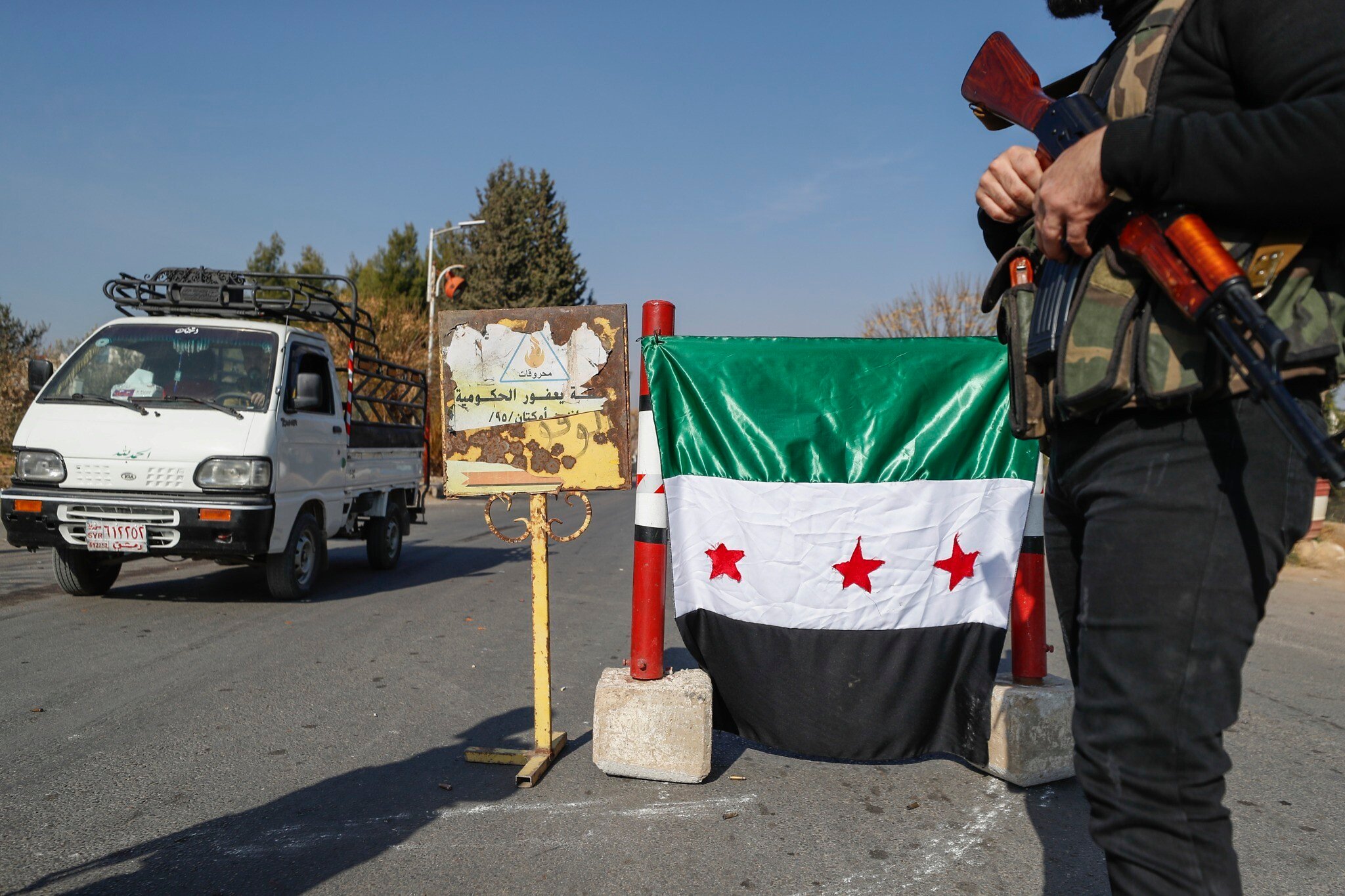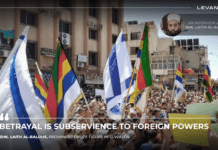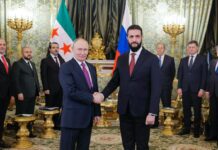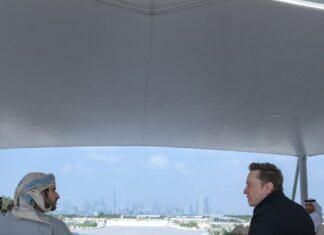
The dramatic fall of Bashar al-Assad’s regime has triggered a flurry of diplomatic activity among global powers, each seeking to influence Syria’s transitional phase while ensuring their interests in the region. From calls for unity to cautious engagement with emerging leadership, international actors have a role in shaping the future for liberated Syria for good or ill.
The US, previously disengaged from the Syrian conflict, is now reevaluating its stance. Senior administration officials are exploring ways to communicate with the revolutionary forces that overthrew Assad, including Hayat Tahrir al-Sham (HTS), a controversial group designated as a terrorist organization by the US and others.
State Department spokesperson Matthew Miller acknowledged recent discussions, stating, “We have the ability to communicate, directly or indirectly, with all relevant parties.” US Secretary of State Antony Blinken has held talks with regional leaders, including Turkish Foreign Minister Hakan Fidan, to coordinate efforts. The Biden administration is also reassessing HTS leader Ahmed al-Sharaa, formerly know by his nom de guerre Abu Muhammad al-Julani, currently labeled a terrorist, for potential inclusion in Syria’s transitional governance.
Saudi Arabia has expressed support for the Syrian people during this critical period. The Kingdom’s Ministry of Foreign Affairs issued a statement urging the preservation of Syria’s unity and stability while emphasizing the importance of addressing the challenges that have plagued the country for over a decade. “The Kingdom hopes the Syrian people will enjoy dignity, security, and prosperity as Syria regains its rightful place in the Arab and Islamic worlds,” the statement read.
Russia, a long-time ally of Assad, which is currently hosting the former dictator and his family in Moscow as “humanitarian refugees,” now faces reduced influence in Syria as the new political order emerges. A Russian MP emphasized that Moscow’s military bases in Syria remain secure, reflecting Russia’s intent to maintain a foothold in the region despite its diminished sway.
Russia has also noticeably replaced the former flag of the Baathist regime at Syria’s Moscow embassy with the revolutionary flag carried by the fighters who overthrew the former regime. Russian diplomats have expressed cautious optimism, with Ambassador Vassily Nebenzia calling for territorial integrity and unity while acknowledging the need to monitor the evolving situation.
Iran, another key Assad ally, is treading carefully to avoid hostility with Syria’s new leadership. Iranian officials stressed the importance of “dialogue” and announced it has “established communication channels with ‘opposition’ leaders.” Tehran has also called on the UN Security Council to condemn attacks on its diplomatic facilities in Syria.
Israel, which has increased attacks in Syria following Assad’s fall, remains focused on preventing Hezbollah’s rearmament and neutralizing potential threats. Israeli Foreign Minister Eli Cohen described the deployment of Israeli forces in Syria as “limited and temporary” but emphasized a commitment to securing Israel’s northern borders.
The French government has expressed intentions to strengthen its diplomatic involvement. France’s special envoy to Syria is set to visit Damascus in the coming days. French officials described the situation as a “historic moment” while acknowledging the challenges posed by extremist groups.
As Syria navigates its post-Assad transition, international actors are aligning their strategies to influence the country’s trajectory. While efforts to engage with opposition forces and ensure stability are underway, competing interests underscore the complexities of achieving lasting peace and rebuilding the nation.








